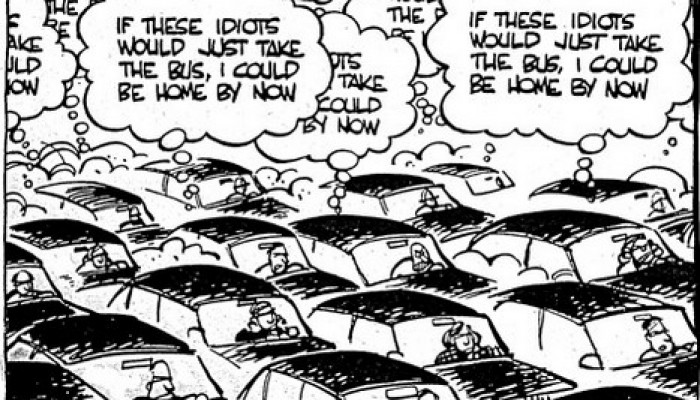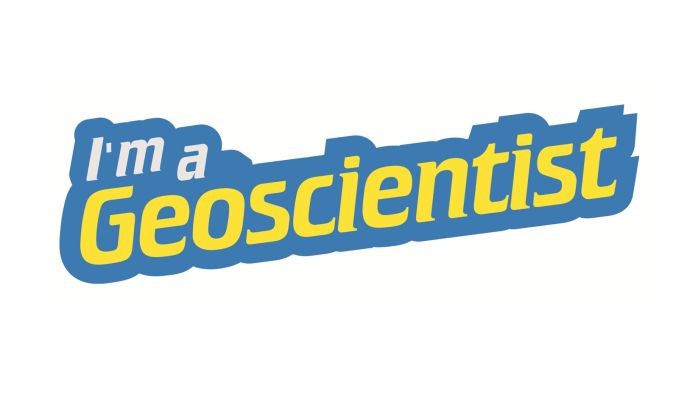In our hunt for energy, we turn in many directions, especially those that will affect the environment to a lesser extent than the conventional fossil fuels. Though renewable energy is a sustainable form of energy production – it is after all infinite – it does not always mean that this form of energy production is without impact. In 1963 the Glen Canyon Dam was built across the Colorad ...[Read More]
If you didn't find what you was looking for try searching again.
Green Tea and Velociraptors
OpenCon 2015 Applications are Open!
See this post about Open Con 2014 for more information Applications to attend OpenCon 2015 on November 14-16 in Brussels, Belgium are now open! The application is available on the OpenCon website at opencon2015.org/attend and includes the opportunity to apply for a travel scholarship to cover the cost of travel and accommodations. Applications will close on June 22nd at 11:59pm PDT. OpenCon seeks ...[Read More]
Energy, Resources and the Environment
Words on Wednesday: Farmers’ perceptions of and adaptation strategies to climate change and their determinants: the case of Punjab province, Pakistan
Words on Wednesday aims at promoting interesting/fun/exciting publications on topics related to Energy, Resources and the Environment. If you would like to be featured on WoW, please send us a link of the paper, or your own post, at ERE.Matters@gmail.com. *** Abid, M., Scheffran, J., Schneider, U. A., and Ashfaq, M., 2015. Farmers’ perceptions of and adaptation strategies to climate change a ...[Read More]
Atmospheric Sciences
An unlikely choice between a gasoline or diesel car…
I have recently been confronted with the choice of buying a “new” car and this has proved to be a very tedious task with all the diversity of car that exists on the market today. However, one of my primary concerns was, of course, to find the least polluting car based on my usage (roughly 15000km/year). Cars (or I should say motor vehicles) pollution is one of the major sources of air pollution (p ...[Read More]
Energy, Resources and the Environment
How a geophysical extreme event dramatically changed fieldwork plans – a personal account of the Gorkha Earthquake
by Viktor Bruckmana and Klaus Katzensteinerb aCommission for Interdisciplinary Ecological Studies, Austrian Academy of Sciences, Vienna; bInstitute for Forest Ecology, University of Natural Resources and Life Sciences (BOKU), Vienna Options for Integrated Forest Management in the Gaurishankar Conservation Area is the title of one of our ongoing projects with collaborating partners from Nepal, Chin ...[Read More]
Seismology
First International Conference of the Arabian Geosciences Union
The Arabian Geosciences Union announced the First International Conference of the Arabian Geosciences Union and general assembly to be held in Algiers, Algeria, February 17th and 18th, 2016. For full info is available on Brochure: http://www.uia.org/sites/uia.org/files/misc_pdfs/other_news/FirstCircular_AIC-1_2016_Algiers.pdf Information taken from: http://www.uia.org/other-news/7436 This initiat ...[Read More]
GeoLog
GeoEd: I’m a Geoscientist 2015
Imagine a talent show where contestants get voted off depending on their skills in their area of choice. Then imagine that this talent show is populated by geoscientists with school students voting them off based on the scientist’s ability to communicate their research well. This is the basis of an educational initiative called I’m a Geoscientist, a spinoff of UK’s I’m a Scientist. I’m a Geoscient ...[Read More]
Energy, Resources and the Environment
Earth Sciences: ‘Rocks for Jocks’, or hard science?
According to some Republicans in the US, Earth Sciences cannot be regarded as one of the ‘pure sciences’, or hard science. Is Earth Sciences simply Rocks for Jocks, or do the earth sciences actually encompass some fundamental work here? Suggestions have been made that NASA should steer its focus away from Earth Sciences and more onto space exploration and research. If NASA complies, it ...[Read More]
Seismology
Can cloud formations predict earthquakes?
UPDATE: 28th May 2015 A new paper on this subject has recently been published on Natural Hazards and Earth System Sciences. The scientists examine the 2012 M 6.0 earthquake in the Po Valley of northern Italy. From inspection of 4 years of satellite images they find numerous examples of linear-cloud formations over Italy. A simple test shows no obvious statistical relationship between the occurrenc ...[Read More]
Cryospheric Sciences
Ice Nomads: The iSTAR traverse of Pine Island Glacier, West Antarctica
It’s the 2nd December 2013 and I find myself in one of those rare occasions in life where I feel I need to pinch myself to see if I’m dreaming. Why? Somehow I’m in control of a British Antarctic Survey De Havilland Twin Otter aircraft flying over the white featureless expanse of the West Antarctic Ice Sheet. I’m part of a team of 12 heading to Pine Island Glacier, a remote ice stream 75°S and arou ...[Read More]


